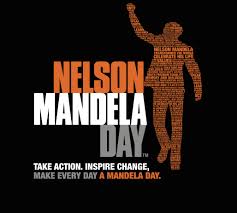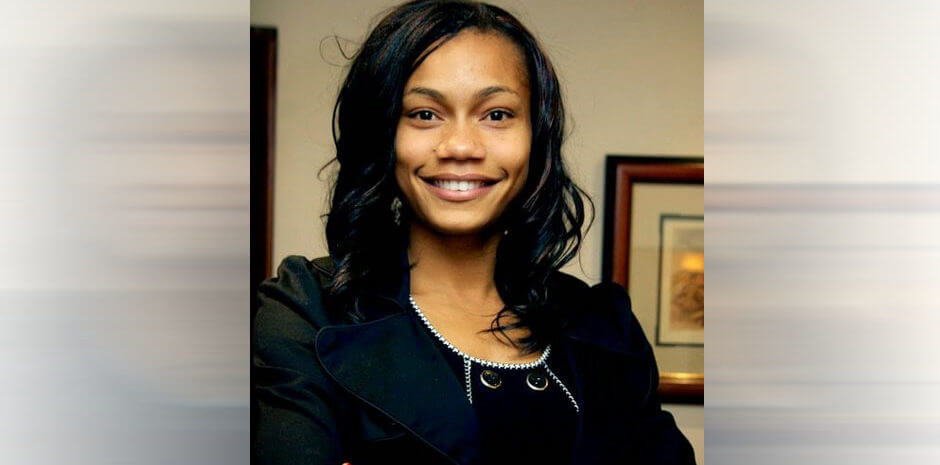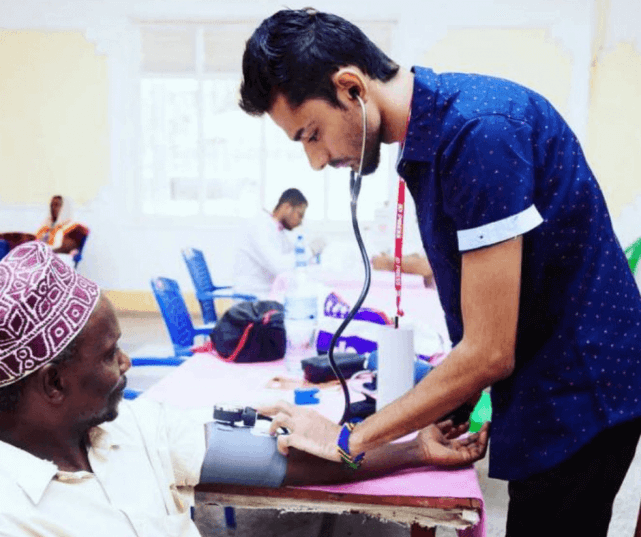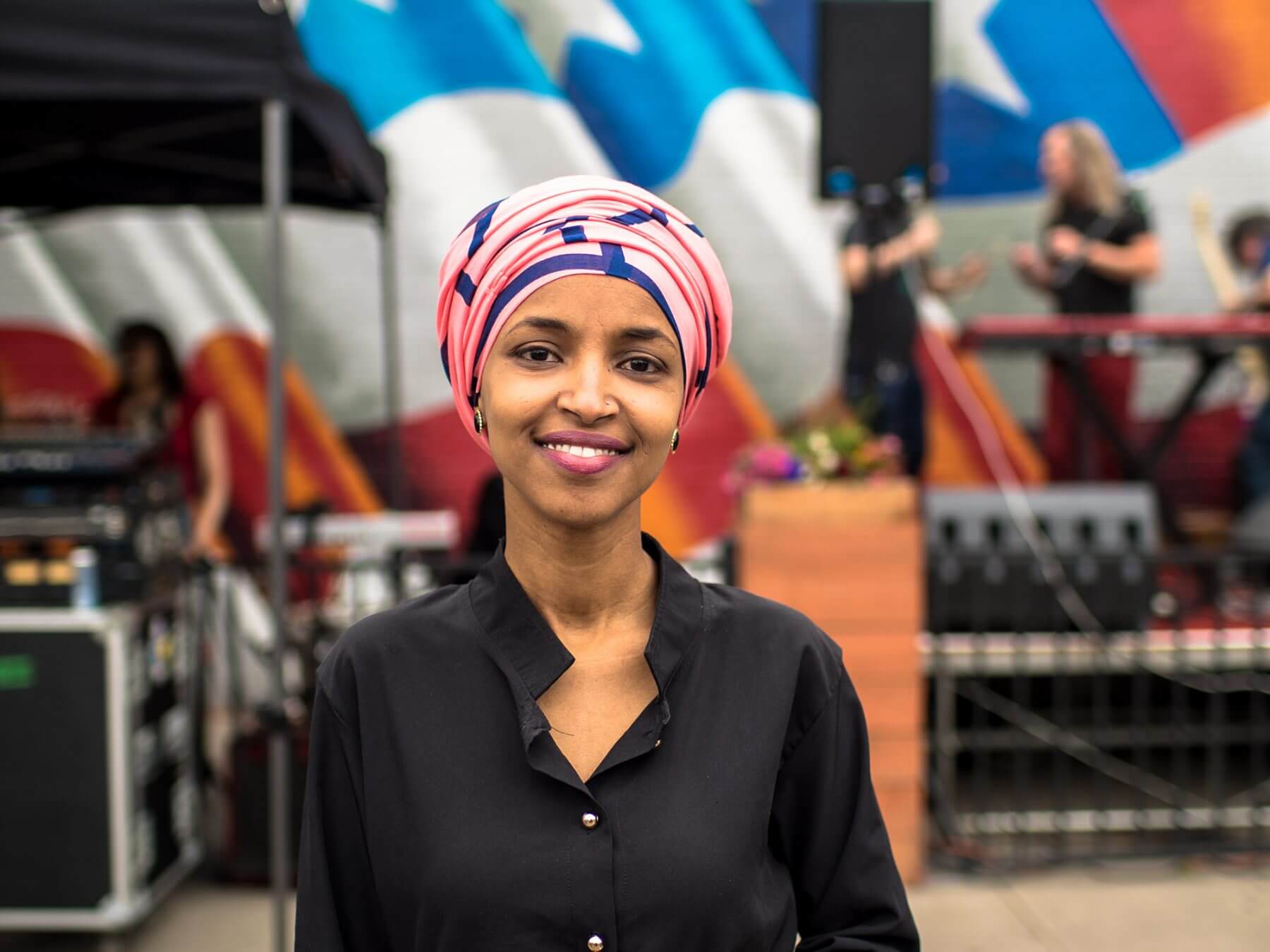“Education is the most powerful weapon you can use to change the world.” – Nelson Mandela
July 18th every year has been marked by the United Nations as Nelson Mandela International day. This is the same day Nelson Mandela was born. This day has been set aside for people to make a difference in their communities just like Mandela.
We all have the ability and the responsibility to change the world for the better. Mandela Day is an occasion for everyone to take action and inspire change in their community and Africa at large.
Today we join the whole world to celebrate our very own, Nelson Mandela.
For 67 years Nelson Mandela devoted his life to the service of humanity — as a human rights lawyer, a prisoner of conscience, an international peacemaker and the first democratically elected president of a free South Africa.
It is a common knowledge that Nelson Mandela served in prison for 27 years, helped usher the end of Apartheid, and was elected the first black president of South Africa in 1994.
The following are nine (9) fascinating facts about this beloved icon that you probably didn’t know:
- When Mandela was first elected president of South Africa, a local newspaper ran a quote of his in front-page bold type: “I’M NOT MESSIAH.” While Westerners picture him as a saint-like figure, Mandela was, in his own words, just “an ordinary man who had become leader because of extraordinary circumstances.”
- This man that changed the world grew up in a tiny village and was the first member of his family to attend school. His father, who served as a counselor to tribal chiefs, died when he was 9, and the boy was adopted by the Thembu regent, Chief Jongintaba Dalindyebo.
- Mandela was a master of disguise and a genius at evading arrest. He was dubbed the Black Pimpernel for his legendary ability to escape capture. He frequently disguised himself as a fieldworker, a chauffeur, or a chef.
- Mandela’s speech during his trial received international attention and was published as I Am Prepared to Die. Ironically, expressing a willingness to be executed helped spare him that fate, and Mandela was sentenced to life in prison
- During his incarceration on infamous Robben Island, Mandela and the other prisoners would communicate by leaving notes in discarded matchboxes, under piles of dirty dishes, and taped in toilet tanks. Using these methods, Mandela and the other prisoners organized a hunger strike and succeeded in their effort to improve their living conditions.
- In 1985 South African President P.W. Botha offered Mandela his freedom if he would agree to renounce armed struggle. He refused, saying, “What freedom am I being offered while the organization of the people remains banned? Only free men can negotiate. A prisoner cannot enter into contracts.
- Immediately after his release from prison on February 11, 1990, Mandela urged supporters to increase pressure on South Africa’s white minority government, and called on the international community to maintain its sanctions. “Now is the time to intensify the struggle on all fronts,” he told the massive crowd. And added “To relax our efforts now would be a mistake which generations to come will not able to forgive.”
- Although Mandela has admitted that he didn’t do enough to address the HIV/AIDS crisis during his presidency, after he left office much of his work focused on combating the disease. He established the non-for-profit organization 46664, which is his prison number in 2002. With the mission of promoting HIV/AIDS prevention and awareness. In 2005, he announced that his 54-year-old son Makgatho Mandela had died of an illness related to AIDS. He urged South Africans to treat AIDS as an ordinary disease, instead of a curse for which people will go to hell and not to heaven.
- In addition to the 1993 Nobel Peace Prize, Mandela has received more than 250 awards, including honorary degrees from more than 50 universities worldwide. In 2001, he became the first living person to be made an honorary Canadian citizen, and he was the last person to receive the Lenin Peace Prize from the Soviet Union.




1 comment